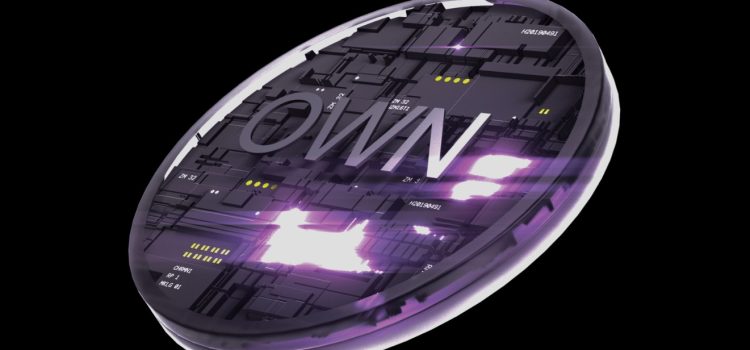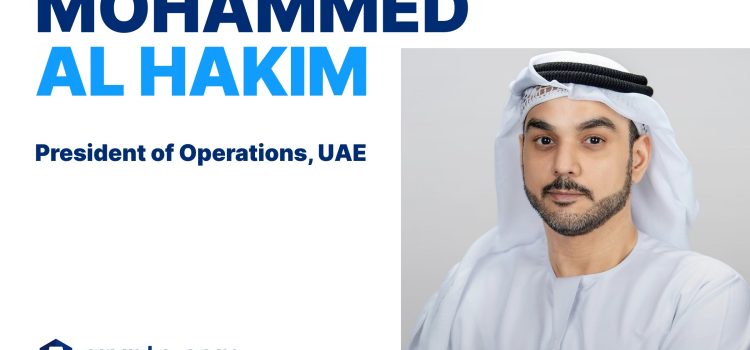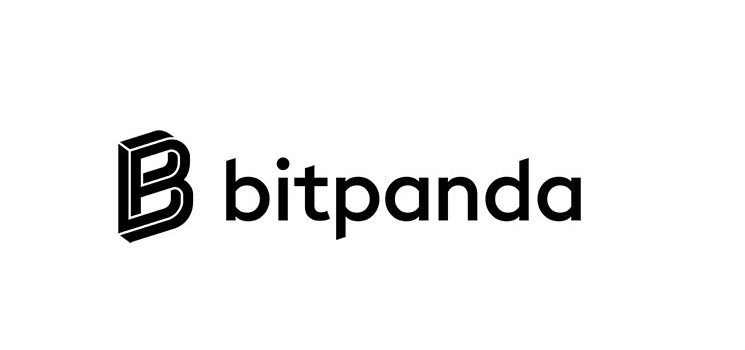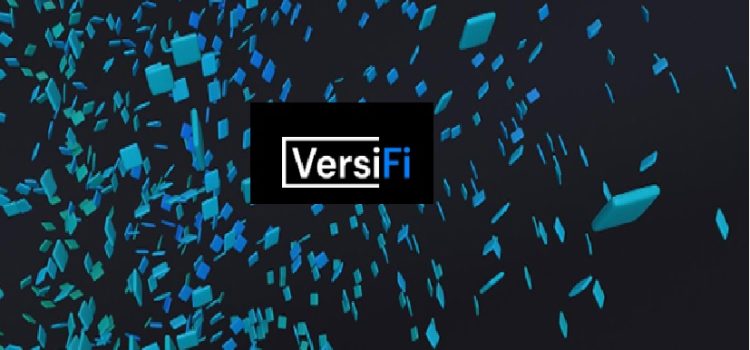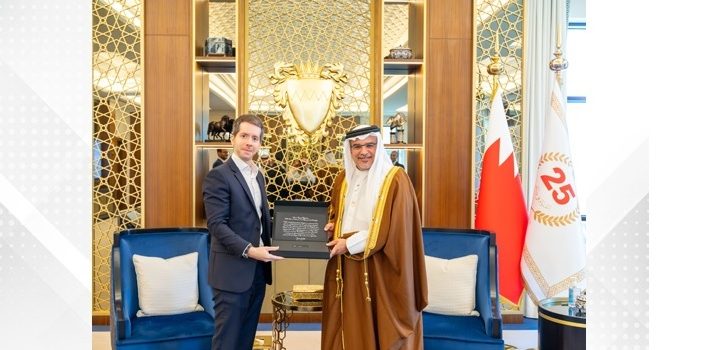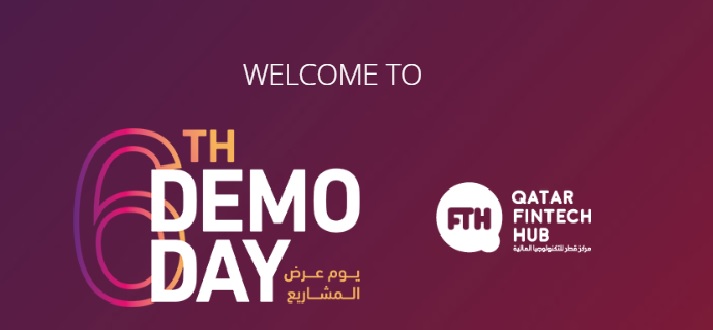
stc Bahrain, Bahrain telecom operator and digital service provider has partnered with ZetaChain, the first Universal Blockchain, as part of its Web3 Launchpad Program under the Pearling Path initiative.
As per the press release, this collaboration underscores stc Bahrain’s commitment to advancing cutting-edge technologies and driving blockchain innovation across the Middle East and beyond.
ZetaChain’s Universal Blockchain provides native access to all major blockchains, including native Bitcoin, enabling developers to create Universal Apps that seamlessly operate across these ecosystems from one unified interface. Its design eliminates the need for bridges or middleware, offering a secure, scalable, and simple framework for cross-chain applications.
As part of this collaboration, stc Bahrain will operate a validator on ZetaChain’s mainnet. This moves the network’s security and scalability while enabling developers to build and deploy Universal Apps, natively accessible from all major blockchains, including the Bitcoin network.
“This partnership with ZetaChain represents a major step forward in enabling secure access to fully interoperable Web3 applications,” said Saad Odeh, Chief Wholesale Officer at stc Bahrain. “ZetaChain’s Universal Blockchain simplifies the Web3 user experience across all chains, including Bitcoin, while aligning with our commitment to advancing blockchain technology in the region.”
“stc Bahrain’s leadership in telecom and its award-winning Web3 Launchpad program makes them an ideal partner for ZetaChain,” said Jonathan Covey, Core Contributor at ZetaChain. “Their role as a validator will strengthen our ecosystem in the Middle East and unlock new Universal Apps that operate natively across Bitcoin and any blockchain from a single platform.”
This partnership affirms the company’s commitment to creating an interoperable and accessible Web3 ecosystem and bringing unique blockchain solutions and new technologies to the region, in alignment with Bahrain’s Vision 2030. With ZetaChain’s growing ecosystem including over 4 million unique wallets, 154 million transactions, and 300+ dApp integrations, stc Bahrain is enabling developers and enterprises to deliver seamless cross-chain functionality, advancing the adoption of blockchain technologies across the Middle East and beyond.
In August of Stc Bahrain announced the launch of “Intersect the Network” on Avalanche Blockchain. The initiative aimed to advance Web3 innovation, promote digital transformation for decentralized applications (dapps). In April 2024, stc Bahrain announced its partnership with Avalanche Blockchain to build Web3 in the MENA region.
Earlier the telecom operator placed operating nodes on Core Chain Bitcoin Layer 1 blockchain. Stc Bahrain also partnered with Core Chain DAO as part of its Web3 launchpad initiative.









